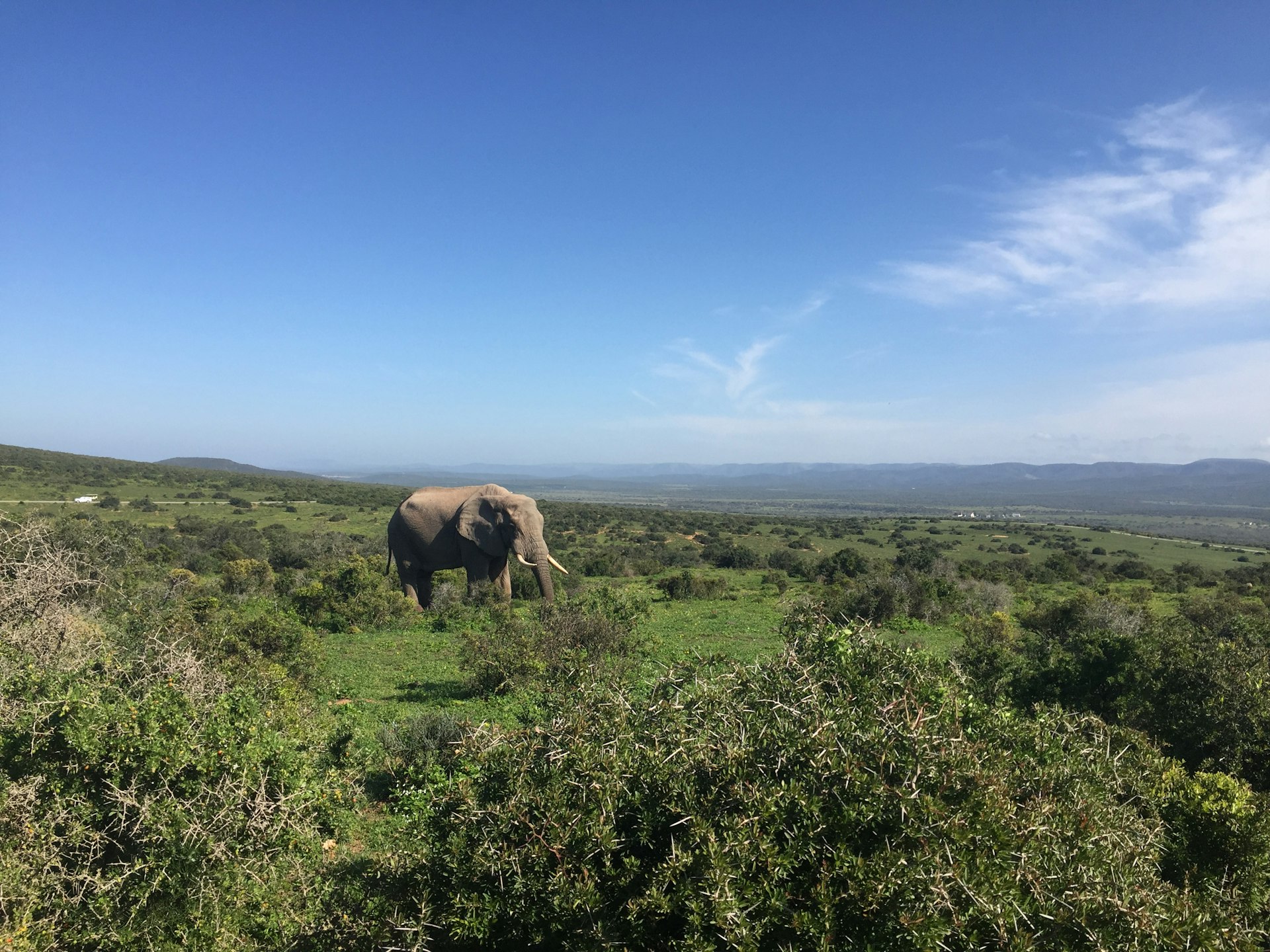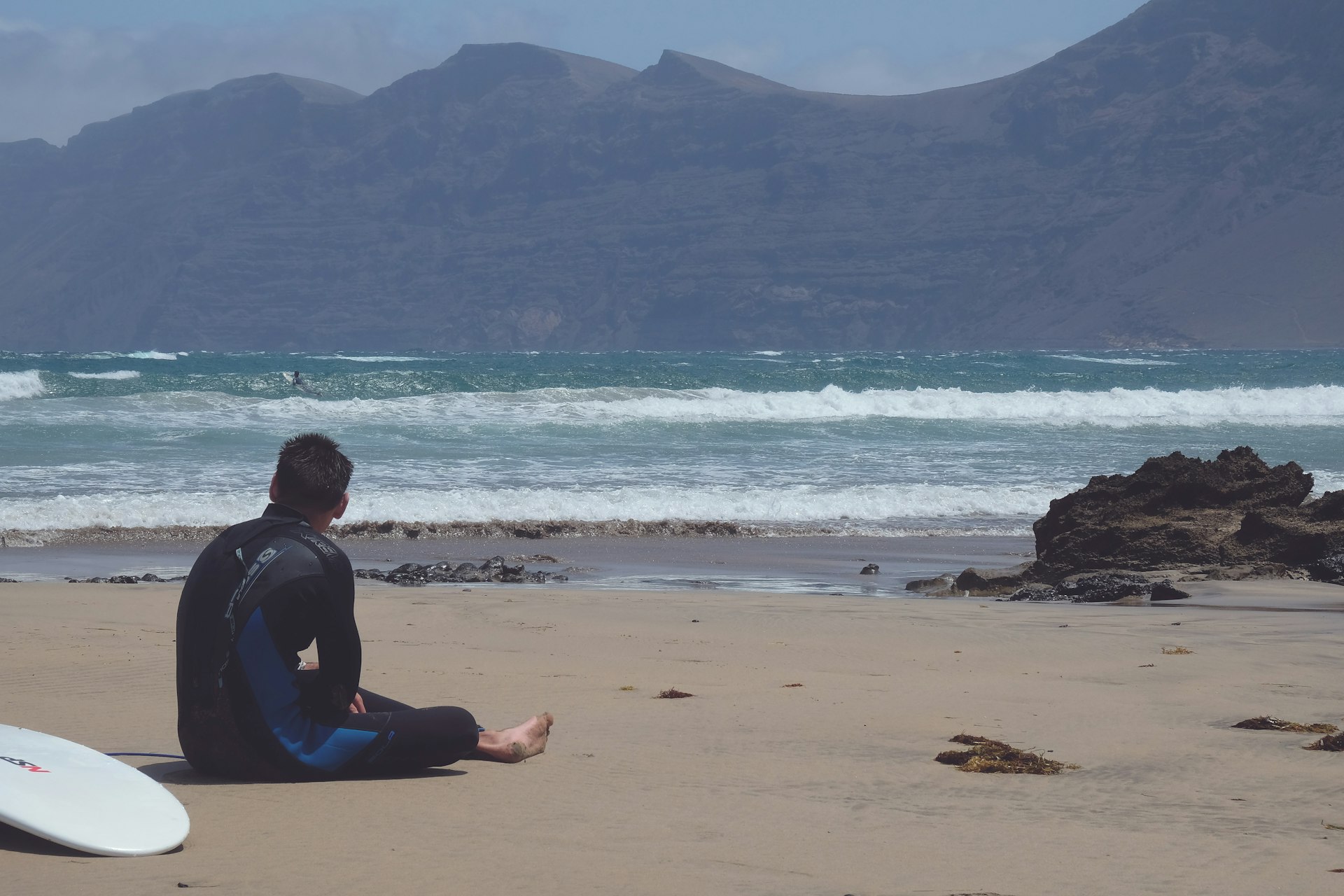Unforgettable Encounters: How to Experience the World’s Most Unique Wildlife Adventures

Photo by ROMAIN TERPREAU on Unsplash
Introduction: The Transformative Power of Unique Wildlife Travel Encounters
Travelers seeking extraordinary experiences increasingly turn to wildlife travel encounters for adventure, education, and personal growth. Unlike traditional safaris, these journeys offer immersive connections with nature, often supporting conservation efforts and granting insight into the lives of remarkable species. This guide outlines how to plan and access some of the world’s most unique wildlife travel encounters, providing actionable steps, alternatives, and essential considerations for a truly unforgettable adventure.
1. Witness the Bat Exodus in Malaysia’s Gunung Mulu National Park
Every evening at Deer Cave in Gunung Mulu National Park, Malaysia, millions of bats take flight in a coordinated spectacle-a phenomenon best appreciated with local experts who reveal the cave’s ecology and the bats’ behaviors [1] . To experience this:

Photo by Janosch Diggelmann on Unsplash
- Research guided wildlife tours specializing in Borneo’s natural wonders. Many reputable companies, such as Exodus Travels, offer packages including expert-led cave visits and ecological briefings.
- Contact the park’s official visitor center or recognized travel agencies for updated schedules, booking policies, and required permits.
- Prepare for the conditions: bring light clothing, insect repellent, and a flashlight. Listen closely to local guides for safety and wildlife etiquette.
If group tours are fully booked or unavailable, consider independent visits during the bat migration season, but always check local regulations and conservation guidelines. For more details, consult Gunung Mulu National Park’s official resources and ask guides about seasonal variations.
2. Track Jaguars in Brazil’s Pantanal Wetlands
The Pantanal in Brazil is one of the world’s best locations to spot jaguars in their natural habitat. Expert trackers use years of experience to guide boat tours along winding wetlands, maximizing sighting opportunities while teaching guests about jaguar behaviors and conservation [1] . Steps to plan a jaguar tracking adventure:
- Look for specialized tour operators with proven conservation track records. Confirm guides’ credentials and ask about their success rates for jaguar sightings.
- Book well in advance-Pantanal trips are popular and seasonal. Ensure you’re traveling during peak jaguar activity (typically July-October).
- Pack essentials for wetland exploration: waterproof clothing, binoculars, and sun protection.
Should your preferred tour be unavailable, consider alternative wildlife trips in the Amazon or other South American reserves, where expert guides can help you spot elusive predators and understand local ecosystems.
3. Conservation in Kenya: Join Anti-Poaching Patrols
Some wildlife travel encounters offer the chance to actively contribute to conservation. In Kenya’s Laikipia Plateau, guests at Segera Retreat can join anti-poaching units and tracker dogs, learning firsthand how rangers protect endangered rhinos and elephants [2] . To participate:
- Contact recognized eco-lodges or retreats-such as Segera Retreat-directly to inquire about conservation guest programs and booking requirements.
- Ask about prerequisites, such as minimum age, fitness standards, and pre-trip orientation.
- Engage with local conservation agencies for additional volunteering or educational opportunities.
If direct participation is unavailable, many lodges offer educational tours and workshops. For broader involvement, consult Kenya Wildlife Service or established NGOs for approved volunteer opportunities and guidelines.
4. Marine Wonders in KaikÅura, New Zealand
KaikÅura is renowned for year-round marine encounters, including sperm whales, dusky dolphins, seals, and rare albatrosses [4] . Experienced guides lead boat tours tailored to seasonal migrations, maximizing chances to observe breaching whales and playful dolphins. To arrange a marine wildlife adventure:
- Search for verified local tour operators specializing in ethical whale and dolphin watching. Confirm their conservation policies and guide expertise.
- Reserve tours in advance, especially during peak migration seasons.
- Dress warmly and bring waterproof gear for boat-based experiences.
If tours are full or unavailable due to weather, KaikÅura’s coastline offers excellent shore-based viewing. For official regulations and updates, consult New Zealand’s Department of Conservation.
5. Wild Horse Sightings on Assateague Island, USA
Assateague Island, straddling Maryland and Virginia, is home to wild horses that roam marshes and beaches, offering unique photographic opportunities and a glimpse into centuries-old equine populations [3] . To visit:
- Review the National Park Service guidelines for Assateague Island National Seashore regarding horse viewing protocols and visitor safety.
- Plan travel during mild seasons for optimal wildlife activity and comfort.
- Remember: horses are wild-observe from a distance, avoid feeding or approaching, and respect park regulations.
For alternatives, explore other coastal reserves in the U.S. with wild horse populations, such as Cumberland Island, Georgia.
6. Grey Whale Migration Along the Pacific Coast
Twice a year, grey whales migrate over 12,000 miles, visible from California, Oregon, and Washington shores [3] . Whale-watching tours bring travelers close to these majestic mammals, while shore-based viewing is possible at designated lookouts. To access this encounter:
- Identify local tour companies with certified naturalist guides and established safety records.
- Book tours during peak migration months (December-May for southbound, March-June for northbound).
- Bring binoculars, warm gear, and sea-sickness remedies for boat trips.
If tours are unavailable, check state parks and marine reserves for official whale watching platforms and interpretive programs.
7. Adventure in the Amazon: Boa Constrictors, Tarantulas, Alpacas
The Amazon rainforest harbors rare animal encounters, from photogenic boa constrictors and curious alpacas to elusive tarantulas [5] . Guided expeditions and river cruises offer safe opportunities to interact with local wildlife, always under expert supervision. For planning:
- Contact reputable operators such as AdventureSmith Explorations for guided Amazon tours, ensuring guides are trained in safety and conservation.
- Ask about included wildlife experiences, group sizes, and ethical handling of animals.
- Pack light, breathable clothing, insect repellent, and waterproof gear.
For alternative Amazon adventures, investigate eco-lodges and research centers that offer guest programs and educational workshops.
How to Access and Plan Your Wildlife Travel Encounter
Accessing unique wildlife travel encounters requires careful planning, research, and an understanding of conservation priorities. Here’s a step-by-step approach:
- Define Your Wildlife Interest: Decide which species, habitats, or conservation experiences you want to prioritize. Consider seasonal migrations, climate, and accessibility.
- Research Verified Operators: Use official tourism boards, conservation organizations, and verified travel companies to find ethical, expert-led experiences. Always confirm the existence and reputation of the operator before booking.
- Check Government and Local Regulations: For protected areas, visit official park websites or contact visitor centers for updated entry policies and conservation rules.
- Prepare for On-the-Ground Logistics: Arrange travel insurance, vaccinations (if needed), and pack accordingly for climate and terrain.
- Explore Alternative Paths: If direct encounters are unavailable, consider shore-based viewing, volunteering with local conservation agencies, or attending wildlife workshops.
If you cannot find verified online booking options, search for “[Destination] official wildlife tours” or contact local visitor centers and conservation agencies directly by phone or email. Ask about seasonal programs, pricing, and group sizes to optimize your experience.
Potential Challenges and Solutions
Weather and Seasonality: Wildlife encounters often depend on climatic conditions and seasonal migrations. To avoid disappointment, consult local guides or official websites for timing recommendations and cancellation policies.
Ethical Considerations: Choose operators committed to responsible wildlife tourism, minimizing human impact and supporting conservation. If in doubt, ask for details on their conservation initiatives or accreditation.
Limited Availability: Popular experiences may sell out months in advance. Book early and consider alternative locations or times if your preferred trip is unavailable.
Summary: Key Takeaways for Unique Wildlife Travel Encounters
Unique wildlife travel encounters offer transformative experiences, supporting conservation and deepening your connection to nature. By researching verified operators, following conservation guidelines, and preparing for logistical challenges, you can safely and ethically immerse yourself in the world’s most remarkable environments. If online booking is uncertain, use official organization names and search terms to locate best opportunities. Always prioritize ethical practices and responsible travel to ensure these encounters remain available for future generations.
References
- [1] Exodus Travels (2022). 7 Unique Animal Encounters for Your Next Wildlife Adventure.
- [2] African Travel Inc (2023). Immersive Wildlife Experiences.
- [3] Daytrip Nomad (2023). 14 Of The Most Extraordinary Animal Encounters In America.
- [4] Sue Where Why What (2023). Top 11 Wildlife Experiences in the World.
- [5] Luggage and Lipstick (2023). 28 Amazing Wild Animal Encounters That Blew Me Away.
MORE FROM resultsfordeals.com













